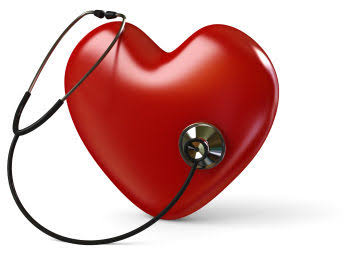Cardiovascular disease: risk factors and how to prevent it

Arteriosclerosis is a disease that compromises all the arterial beds of the organism, leading to the possibility of suffering from coronary disease in all its forms (stable angina, unstable angina, myocardial infarction, sudden death and heart failure), cerebrovascular diseases ( cerebrovascular accident is the third cause of death in the world and the first to cause permanent disability), of the aorta in all its extension (aneurysms, particularly abdominal) and arteries of the neck (carotid atheromatosis) and lower limbs ( peripheral arteriopathy).
Arteriosclerosis is a disease that affects the arterial walls, basically generating alterations in endothelial function, causing the endothelial cells to see their capacity to dilate the vessels, to prevent cellular chemotaxis, to prevent platelet aggregation, the formation of thrombi, and generate that the arterial walls are loaded with oxidized LDL cholesterol, which generates the arteriosclerotic plaque, et cetera.
.jpeg)
There are clearly identified risk factors with the development of arteriosclerosis, smoking, different forms of dyslipidemia, high blood pressure, diabetes in all its forms, the diet rich in saturated fats and salt, the metabolic syndrome, sedentary lifestyle, obesity , etc.
We must all know our blood pressure figures, our fasting blood glucose, our cholesterol in all its forms (Total, LDL and HDL) and triglycerides, know that regular aerobic exercise (walking, running, biking, doing "Cardio "in gyms, dance, swim, etc) and made a minimum of 180 minutes a week helps to combat sedentary lifestyle, obesity, reduce cholesterol, blood pressure, blood sugar, definitely improve our quality of life and keep our mind active, significantly reducing stress.
A balanced diet is of course fundamental, particularly the Mediterranean diet is recommended. It is also important to allow the body to rest the necessary hours. And of course, it is fundamental in primary prevention (before a known cardiovascular event) or secondary (after a cardiovascular event) the periodic consultation with the doctor. There are different "scores" (Framingham, EUROSCORE, Reynolds) that allow the doctor to profile the patient in particular, which helps him to make appropriate suggestions for each one.
It is key to keep in mind that subclinical disease can be detected in a simple way and combating it with healthy lifestyle habits has an impressive impact from a physical, psychic and social point of view.